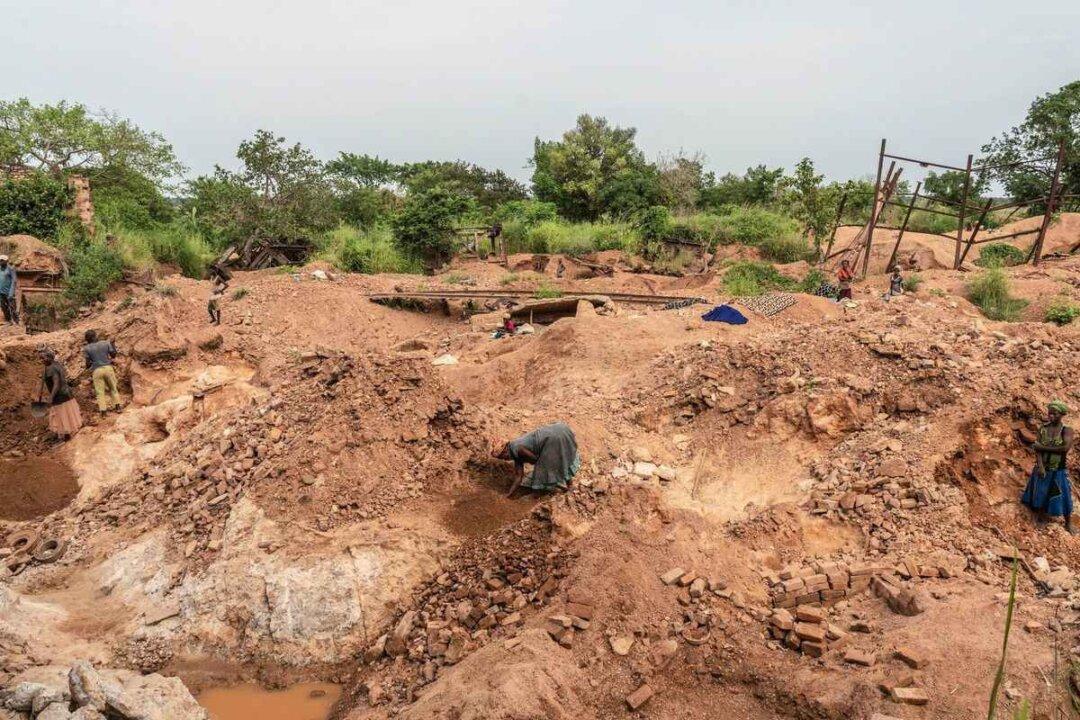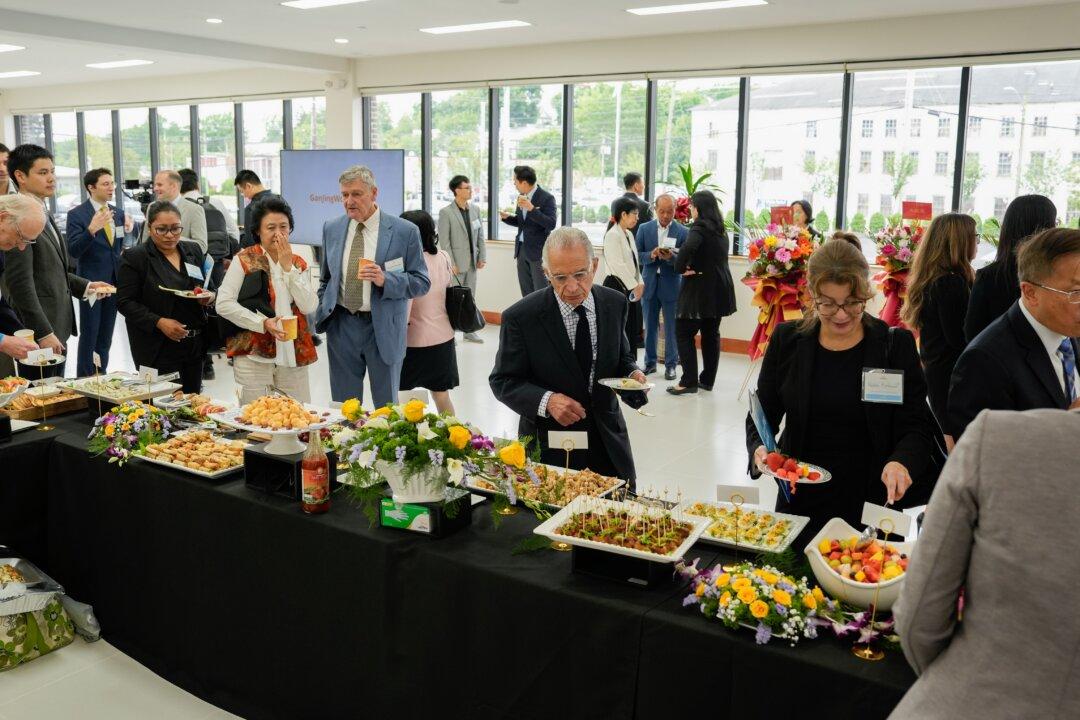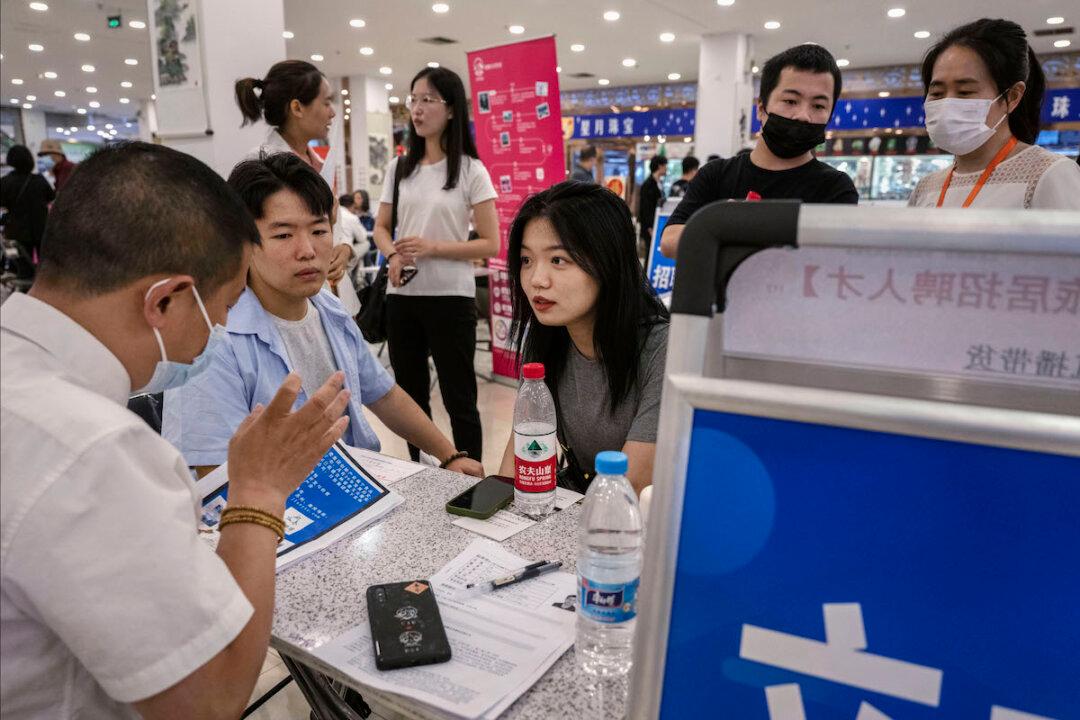Due to the limited supply of domestic lithium resources, battery-related companies in China have stepped up their competition for outside lithium sources.
Responding to a tweet on July 13 saying there is no security without energy independence, Tesla CEO Elon Musk wrote, “Absolutely. And lithium batteries are the new oil.”





